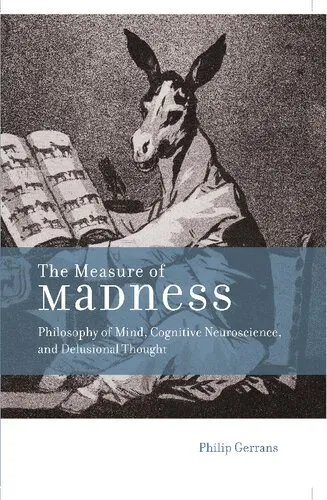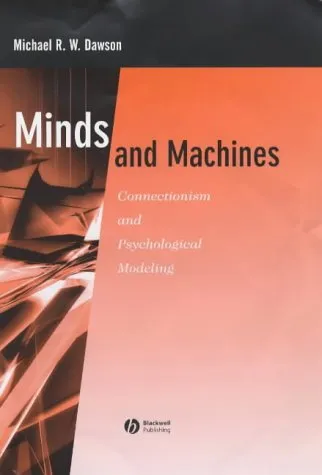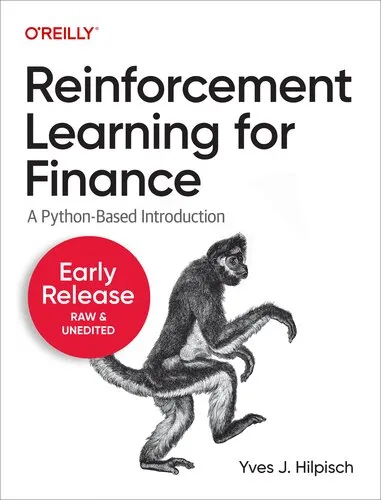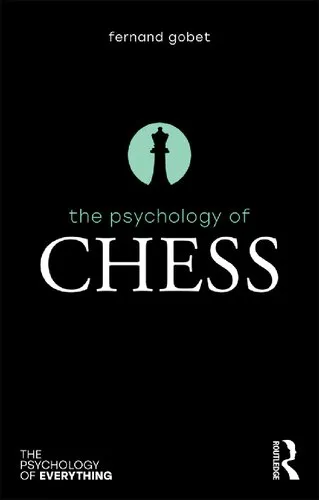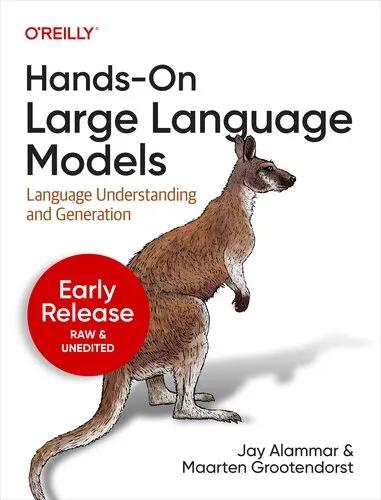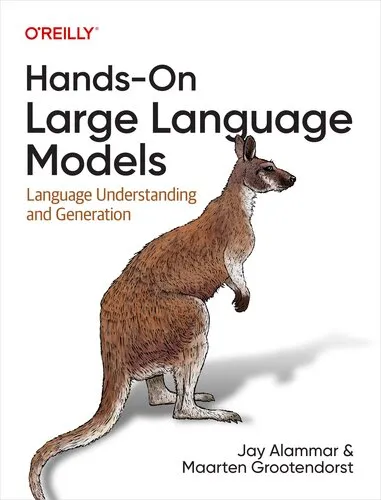The Measure of Madness: Philosophy of Mind, Cognitive Neuroscience, and Delusional Thought (Life and Mind: Philosophical Issues in Biology and Psychology)
4.5
Reviews from our users

You Can Ask your questions from this book's AI after Login
Each download or ask from book AI costs 2 points. To earn more free points, please visit the Points Guide Page and complete some valuable actions.Related Refrences:
Drawing on the latest work in cognitive neuroscience, a philosopher proposes that delusions are narrative models that accommodate anomalous experiences.In The Measure of Madness, Philip Gerrans offers a novel explanation of delusion. Over the last two decades, philosophers and cognitive scientists have investigated explanations of delusion that interweave philosophical questions about the nature of belief and rationality with findings from cognitive science and neurobiology. Gerrans argues that once we fully describe the computational and neural mechanisms that produce delusion and the way in which conscious experience and thought depend on them, the concept of delusional belief retains only a heuristic role in the explanation of delusion.Gerrans proposes that delusions are narrative models that accommodate anomalous experiences. He argues that delusions represent the operation of the Default Mode Network (DMN)—the cognitive system that provides the raw material for humans' inbuilt tendency to provide a subjectively compelling narrative context for anomalous or highly salient experiences—without the “supervision” of higher cognitive processes present in the nondelusional mind. This explanation illuminates the relationship among delusions, dreams, imaginative states, and irrational beliefs that have perplexed philosophers and psychologists for over a century.Going beyond the purely conceptual and the phenomenological, Gerrans brings together findings from different disciplines to trace the flow of information through the cognitive system, and applies these to case studies of typical schizophrenic delusions: misidentification, alien control, and thought insertion. Drawing on the interventionist model of causal explanation in philosophy of science and the predictive coding approach to the mind influential in computational neuroscience, Gerrans provides a model for integrative theorizing about the mind.
Free Direct Download
You Can Download this book after Login
Accessing books through legal platforms and public libraries not only supports the rights of authors and publishers but also contributes to the sustainability of reading culture. Before downloading, please take a moment to consider these options.
Find this book on other platforms:
WorldCat helps you find books in libraries worldwide.
See ratings, reviews, and discussions on Goodreads.
Find and buy rare or used books on AbeBooks.
1333
بازدید4.5
امتیاز0
نظر98%
رضایتReviews:
4.5
Based on 0 users review
Questions & Answers
Ask questions about this book or help others by answering
Please login to ask a question
No questions yet. Be the first to ask!
